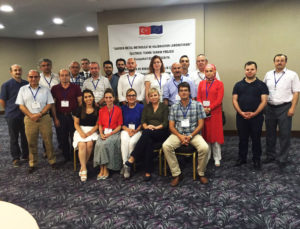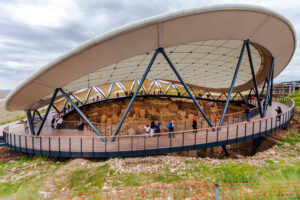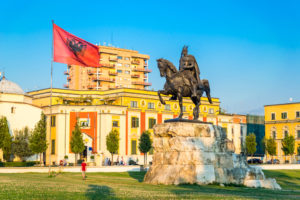
Technical Assistance for the Operation of Samsun Metals Metrology and Calibration Laboratory
West black sea region of Turkey which the project named TR83 (Samsun, Çorum, Amasya, Tokat) Region, including Sinop, requires to be contributed through socio-economic development. Thus, the purpose of this contract was to strengthen the innovation and quality infrastructure of the metals industry in the TR83 Region. Laboratory’s

EU Eastern Anatolia Development Programme (EADP)
The East of Turkey has had delayed progress compared to the economic development of other regions in Turkey. In this context, the Eastern Anatolia Development Programme was a regional development programme aimed at building capacity for sustainable development by implementing innovative and participatory local policy and planning approaches.

Technical Assistance for Revitalisation of History in Şanlıurfa
While tourism has been, and continues to be, important to the local economy, it has not matched its potential. To remedy this and attract more tourists, local government and businesses in the city decided to ensure that the standard of services offered to visitors met internationally accepted standards

Technical Assistance to Support the Reform on Employment Policies and Vocational Education and Training
This project aims to contribute to implementing the 2019 – 2022 National Employment and Skills Strategy (NESS) action plan of Albania. The implementation of this action plan will help strengthen the capacities of Albania’s Ministry of Finance and Economy and its subordinated institution (National Agency for Employment and

Provision of Advisory Services for Development of Social and Environmental Investment Programmes for TANAP Project
Natural gas and its transportation are one of the biggest economic challenges for Turkey. Based on this context, the project aimed to construct a pipeline and other related facilities necessary to transport natural gas through the Republic of Turkey, which altogether were to form the Pipeline System. The

Local Experts for Monitoring the Grant Contracts Being Implemented Under the Reproductive Health Programme
The financing agreement for the “Programme of Reproductive Health in Turkey” (RHP) was signed in December 2001 and started in January 2003. Within the context of the programme’s grant component, based on two calls for proposals, 88 projects were awarded a total value of €19.9 million. External assessors

